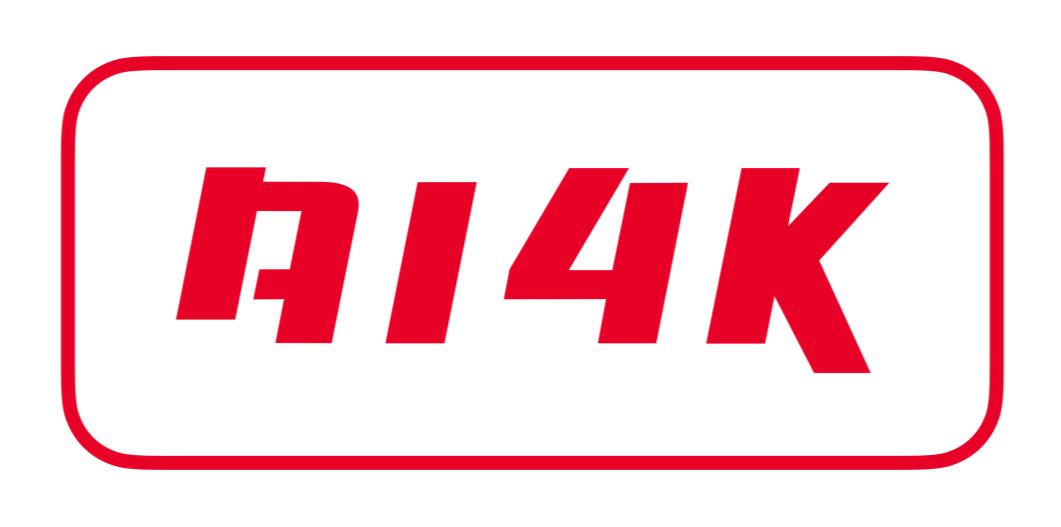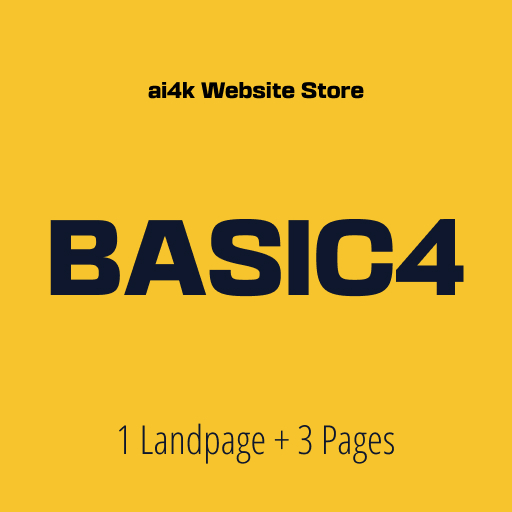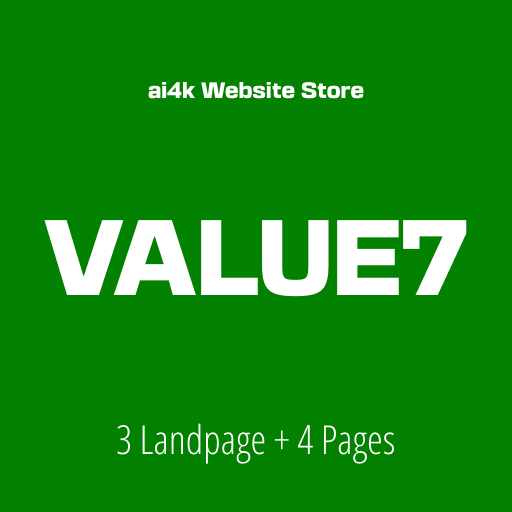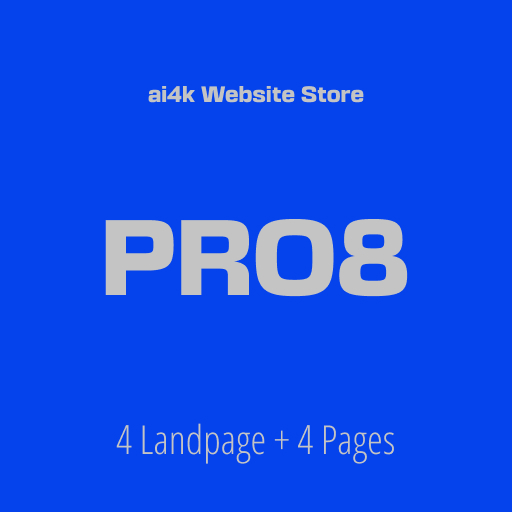Business in Norway: is right for me?
To be honest with you, it depends. Starting a business requires systemic thinking, and not all people have that competence. In any case, you may try and see what areas of the business you can easily deliver, and delegate those other complex parts that require specific knowledge and skills. You may not have too much time to design a website for example or to do the accounting tasks by the other hand. Delegate and outsourcing are the key here, and focus on rising that idea and making it a profitable way to work in Norway.
Small Business in Norway
Outline all the pros and cons of your idea, product or service and immerse yourself in the knowledge about how to start a business in Norway.
Whether it is a traditional business or an online business, you must have a company registration number in Norway.
Business in Norway: Key Points
Business Environment
Norway has a stable and business-friendly environment, making it an attractive place for entrepreneurship.
Legal Structure
You can establish different types of businesses, such as sole proprietorships, partnerships, limited liability companies, or branches of foreign companies.
Registration and Licensing
You’ll need to register your business with the Brønnøysund Register Centre and may require specific licenses depending on your business type.
Taxation
Norway has a relatively high tax rate, so it’s important to understand the tax regulations for businesses. Seek professional advice for tax planning.
E-commerce Regulations
If you’re involved in creating e-commerce stores, be aware of e-commerce regulations and consumer protection laws.
Online Marketing
It’s essential to understand how to reach the Norwegian market effectively through online marketing and SEO strategies.
Language and Culture
Norwegian is the official language, but many Norwegians speak English. Understanding local culture and customs can be beneficial for business relationships.
Networking
Networking is crucial in Norway. Attend industry events and connect with other businesses in Oslo for potential collaborations.
Technology and Innovation
Norway is known for its strong technology and innovation sector. Explore opportunities to work with tech startups and innovative companies.
Sustainability
Norway places a high value on sustainability and environmental responsibility. Consider incorporating sustainable practices into your business offerings.
Sole proprietorship or Limited Liability Company
The choice between a sole proprietorship and a limited liability company (LLC) depends on various factors, including your business goals, risk tolerance, and legal considerations. Check the following table with the key differences to help you make an informed decision:





